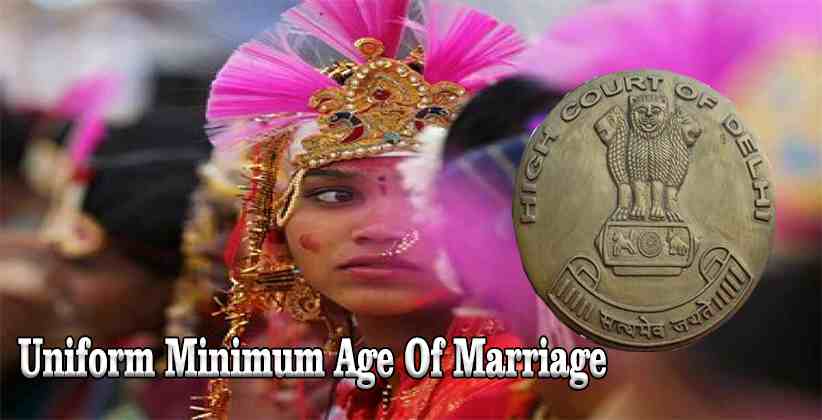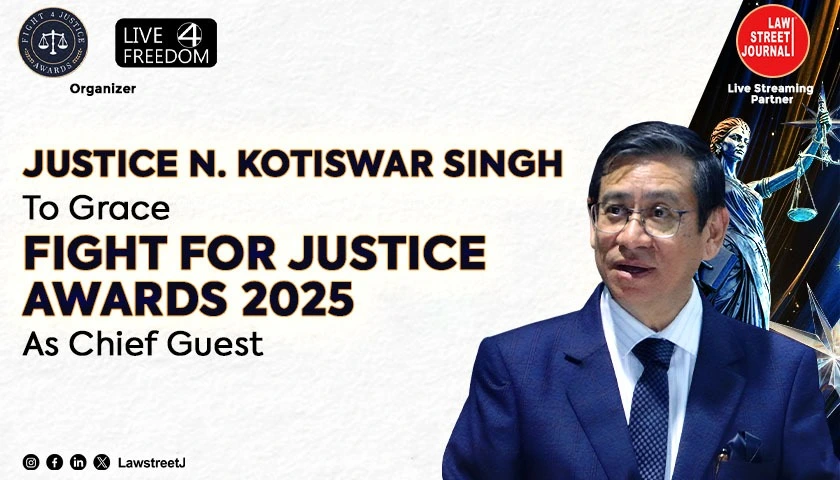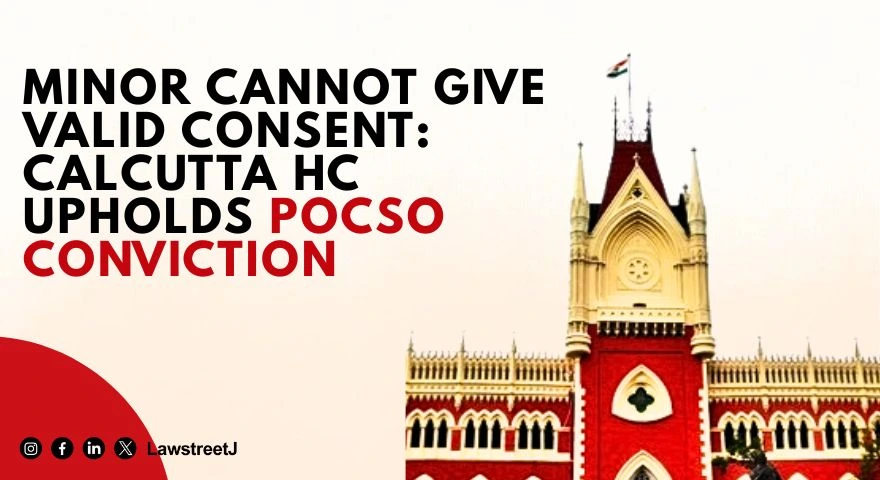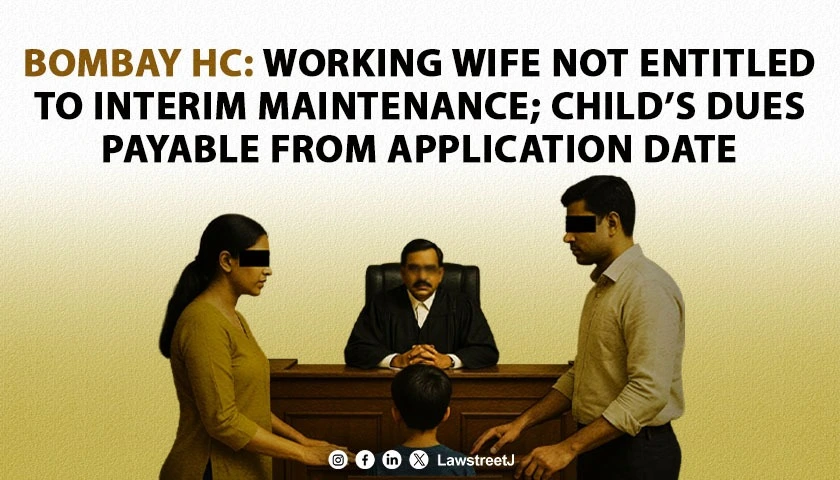The Delhi High Court on 19th February, 2020 is set to hear the Public Interest Litigation (PIL) that has sought to equalise the legal age required for the marriage to take place between a woman and a man i.e 18 years for a woman and 21 years for a man currently which as a limit is discriminatory. The plea was filed by the BJP leader Ashwini Kumar Upadhyay. More than 125 countries around the world have set a uniform age of marriage already. The Home Ministry and the Law Ministry whose replies have been awaited till date have not been heard from regarding the plea.
"Kindly treat the accompanying application as an urgent one in accordance with the High Court rules and orders. Petitioner is filing this writ petition under Article 226 of the Constitution. The matter is urgent in public interest as prayed," Kumar wrote to the Registrar of Delhi High Court.
In the present times, men in India are permitted to get married at the age of 21, while women are allowed to get married when they are 18 years of age. The PIL is filed under Article 226 of the Constitution of India, 1949 and has challenged the ongoings as a blatant form of discrimination against women.
"The discriminatory 'minimum age' limit for marriage for men and women is based in patriarchal stereotypes, has no scientific backing, perpetrates de jure and de facto inequality against women, and goes completely against the global trends," the plea said.
According to the petition, the statutory provisions that have been regarded as discriminatory in nature following the minimum age criteria for marriage include - Section 60(1) of the Indian Christian Marriage Act, 1872; Section 3(1)(c) of the Parsi Marriage and Divorce Act, 1936; Section 4(c) of the Special Marriage Act, 1954; Section 5(iii) of the Hindu Marriage Act, 1955 and Section 2(a) of the Prohibition of Child Marriage Act, 2006. These sections stand for the minimum age required in India to get married that being 18 years for girls and 21 years for boys. The age bar has been a discrimination against the fundamental principles of gender equality, justice and dignity of women and have further derogated the Articles 14, 15 and 21 of the Indian Constitution in regard to the equality, discrimination in respect to the various criterias and liberty.
The petitioner has stressed that women have a fundamental right to pursue studies or work after having finished school at the age of 18.
"It is a social reality that women are expected (and often also pressurised) to beget children immediately after marriage and also forced to take up household chores in accordance with their stereotypical roles in the family. This harms their educational as well as economic pursuits and often impinges on their reproductive autonomy as well," the plea said.
Author - Dyuti Pandya











